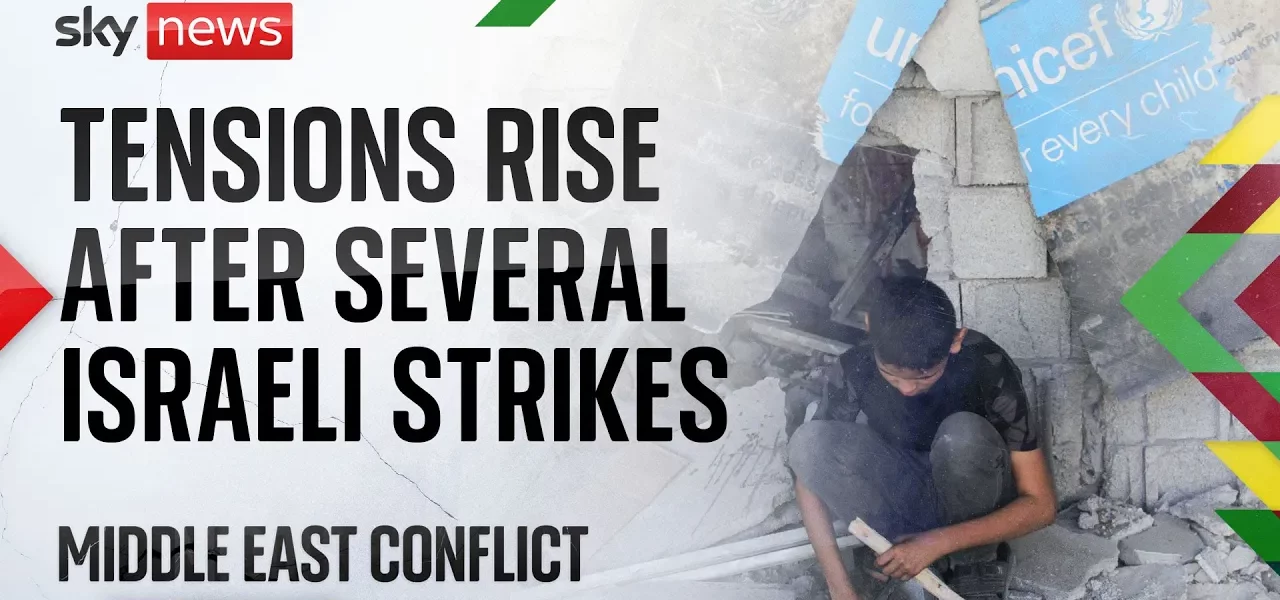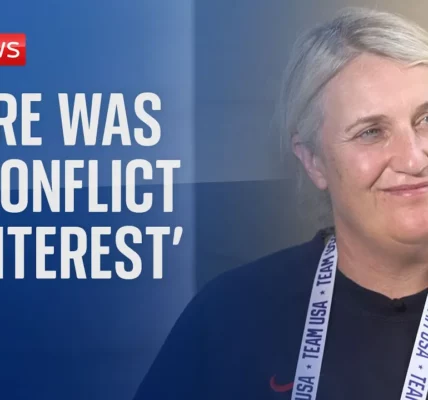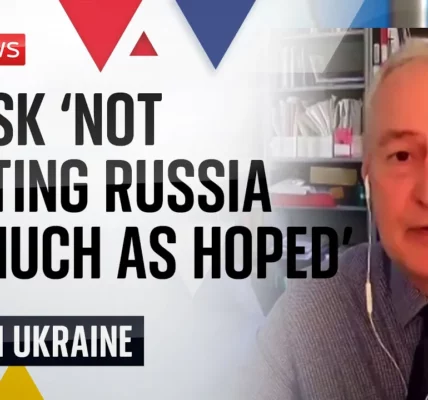Recent Developments in Gaza: Air Strikes and Political Implications

This article delves into the recent surge of violence in Gaza, highlighting the Israeli air strikes, the political ramifications of Hamas’ leadership changes, and the broader implications for the Middle East region.
Introduction
The ongoing conflict in Gaza has escalated dramatically over the past week, with numerous air strikes resulting in significant casualties. In the aftermath of the death of Hamas leader Yaya Sina, tensions have heightened as both Israel and Hamas engage in a cycle of violence that has drawn international attention. This article aims to provide a comprehensive overview of the latest developments in Gaza, including the impact of recent Israeli military actions and the political landscape surrounding these events.
Air Strikes in Gaza: A Deadly Toll
In the past 24 hours alone, Israeli air strikes across the Gaza Strip have reportedly killed dozens of people, including many civilians. The Health Ministry in Gaza has confirmed that more than half of the casualties were women and children, leading to widespread panic and fear in the region.
Details of the Strikes
Recent attacks have targeted various areas within Gaza:
- In the town of Zaa, at least ten individuals, including two children, lost their lives in a single strike.
- Another strike in the Al-Maghazi refugee camp resulted in the deaths of eleven people from the same family.
- At least forty people died in Jabalia, where Israeli forces struck multiple houses overnight.
Impact on Civilians
The humanitarian crisis in Gaza is worsening, as civilians bear the brunt of the violence. Eyewitness reports indicate chaotic scenes, with many families being displaced and critical infrastructure being damaged. The ongoing bombardment has led to:
- Increased numbers of casualties.
- Overcrowding in medical facilities.
- Lack of access to basic necessities such as food, water, and healthcare.
Political Ramifications: The Death of Yaya Sina
The death of Hamas leader Yaya Sina has significant implications for the group’s future and the Israeli-Palestinian conflict. Iran’s Supreme Leader has publicly declared that Hamas will continue to exist despite this loss, indicating the resilience of the organization.
Hamas’ Response
Following Sina’s death, Hamas has reaffirmed its commitment to resistance against Israel. The leadership has vowed to continue its operations and maintain its presence in the region.
Israeli Military Operations
The Israeli military has emphasized that the elimination of Hamas leaders is part of a broader strategy to restore security. Recent statements from Israeli officials highlight:
- The use of intelligence and operational efforts to target Hamas leaders.
- A commitment to recovering hostages taken during the October 7 attacks.
- Continued military readiness to respond to any threats from Gaza and its neighboring regions.
Regional Reactions and Broader Implications
The conflict’s escalation has drawn responses from various regional actors, including Iran. The geopolitical landscape is shifting as leaders assess the implications of the violence and consider their strategic interests.
Iran’s Position
Iran has openly supported Hamas in light of the recent events, positioning itself as a defender of the Palestinian cause. This support raises concerns about further regional destabilization. Key points include:
- Iran’s commitment to backing groups opposing Israel.
- Potential for increased military support to Hamas and other factions.
International Community’s Reaction
The international community is closely monitoring the situation. Diplomatic efforts to de-escalate tensions are ongoing, with calls for:
- Immediate ceasefire discussions.
- Humanitarian assistance to affected civilians.
- A renewed focus on peace negotiations between Israel and Palestine.
Conclusion
The situation in Gaza remains volatile, with significant casualties resulting from recent Israeli air strikes and the political landscape shifting in the wake of Hamas leader Yaya Sina’s death. As regional and international players respond to these developments, the potential for further escalation looms large. It is crucial for the international community to engage in meaningful dialogue and work towards a sustainable resolution to prevent further loss of life and suffering. For ongoing updates and analysis on this developing story, please stay tuned to our coverage.
“`




